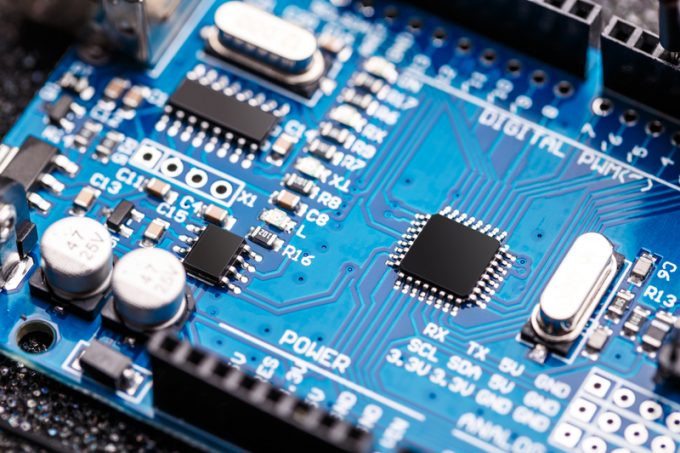
Brittle semiconductor supply chains have been strained again by the 7.6 magnitude earthquake which hit Japan on 1 January, claiming at least 200 lives.
Kaga Toshiba Electronics, Murata Manufacturing, TPSCo and silicon wafer producers Shin-Etsu and GlobalWafers are all in the affected area of the quake, which damaged road, rail and port infrastructure throughout the island of Honshu and caused several to halt production.
TPSCo, a joint-venture between Tower and Nuvoton, has closed its facilities in Uozu, Tonami and Arai, for inspections on their structures. Toshiba’s Kaga factory in Ishikawa Prefecture, which produces power management integrated circuits and logic integrated circuits is also undergoing structural assessment.
As of this week, at least 202 people are confirmed dead, some 102 are missing; 3,500 are unreachable by authorities due to blocked roads and heavy snowfall and some 30,000 others are occupying government shelters. Almost 60,000 households were left without running water and 15,600 have no electricity supply.
The destruction, loss of life and resulting havoc in the Japanese semiconductor industry “will tighten the supply-demand gap and drive a surge in the prices of electronic components globally, especially in the event that the resumption of operations gets delayed for an extended period of time”, according to Ritesh Kumar, director, procurement and supply chain intelligence, at The Smart Cube.
“Additionally, the destruction will drive strong demand for construction materials”, which would “strain raw material availability and drive labour shortages, further pushing up the prices of construction materials”, he added.
The development will do nothing to address the predominance of Taiwan in semiconductor supply chains and what is being regarded as a strategic threat to global supplies in the event of an invasion by China. Recently, The Loadstar’s Jack Riddick detailed the difficulties in diversification from Taiwan giant TSMC.
Manufacture of semiconductors is one of the most complicated and sensitive industries and, while western countries are planning to establish their own manufacturing facilities, it will take decades to match Taiwan’s capabilities – indeed, Japan is considered one of few possible locations for diversifying production of the most advanced chips.
“It seems to us that TSMC is really positive about investment in Japan,” an official at Japan’s Ministry of Economy, Trade and Industry (METI) told Reuters in September.


